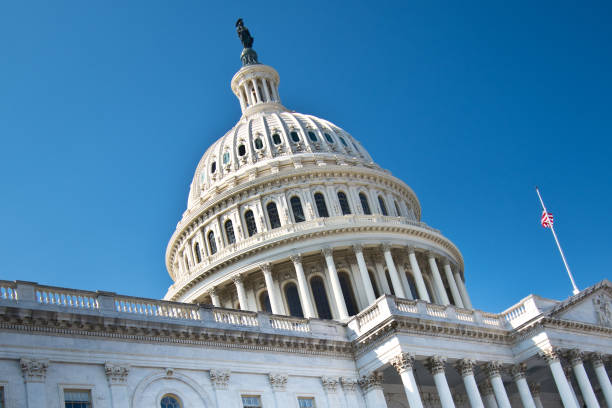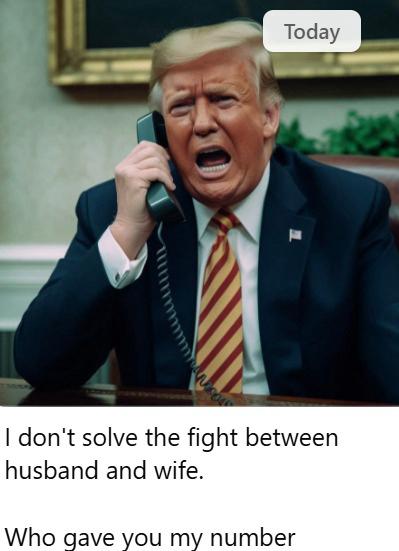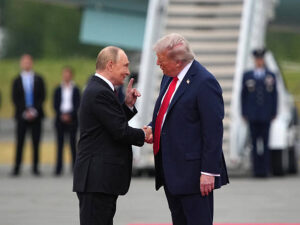
Senate Republicans narrowly pass Trump’s ‘big, beautiful’ spending bill” After hours of stalemate, Republicans in the US Senate have narrowly passed Donald Trump’s mega-bill on tax and spending, meaning the proposed legislation has cleared one of its key hurdles.

The One Big Beautiful Bill Act passed with Vice-President JD Vance casting a tie-breaking vote after more than 24 hours of debate.
It now heads back to the House, or lower chamber, where it still faces more opposition. An earlier version was cleared by House Republicans by a single-vote margin.
Trump had given the Republican-controlled Congress a deadline of 4 July to send him a final version of the bill to sign into law.
But disputes over the deficit, social programmes and spending levels could create delays, with the president conceding on Tuesday morning it would be “very hard” to meet that deadline.
Despite efforts to galvanise his party, Senate Majority Leader John Thune lost three Republicans – Maine’s Susan Collins, North Carolina’s Thom Tillis and Kentucky’s Rand Paul – in the narrow vote. Collins, Tillis and Paul joined all Democrats in voting against the bill.
Republican leadership was able to convince Alaska Senator Lisa Murkowski, who previously expressed doubts about the legislation, to back the bill.
That made the final Senate vote tally 50-50, and prompted Vance to step in to cast his tie-breaking vote.
The bill, considered a cornerstone of Trump’s second-term agenda, would make permanent large tax cuts that were temporarily put in place when he was first in office.
To make up for the expected loss of revenue, Republicans have looked to cut spending in a wide range of programmes, including food subsidies and healthcare for lower-income Americans.
The vote came on Tuesday morning, concluding a whirlwind voting session on Capitol Hill.
Democrats had attempted to flex their muscles by putting up procedural hurdles against the bill to delay its passage.
That included requiring Senate clerks to read all of the bill’s 940 pages aloud, and launching a lengthy debate process over proposed amendments in what is called a “vote-a-rama”.




